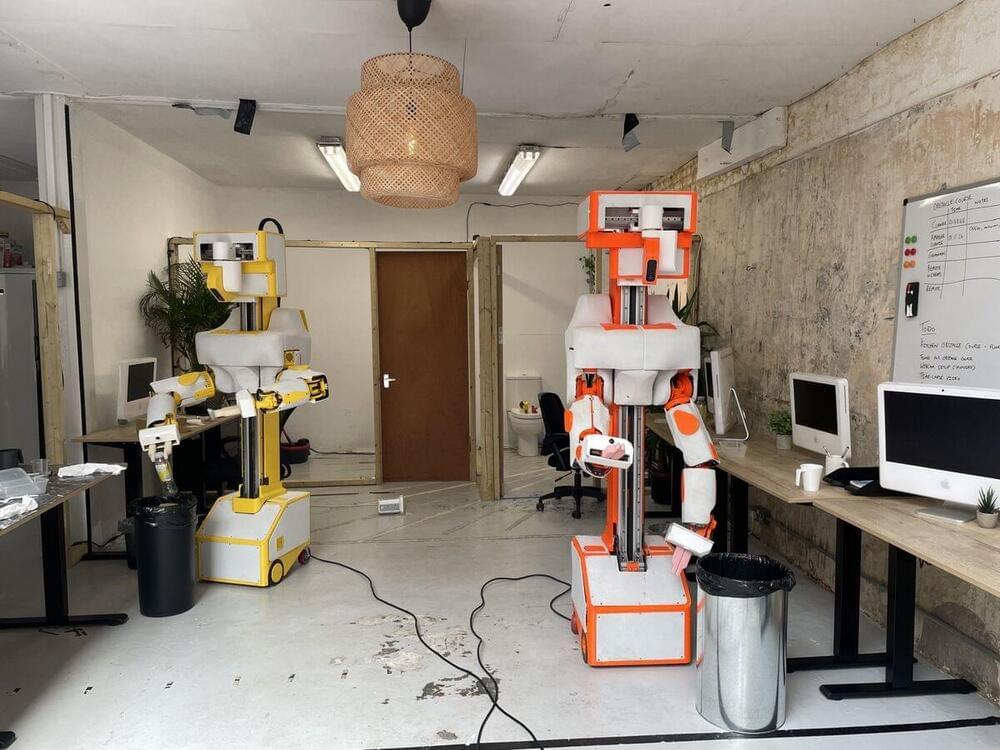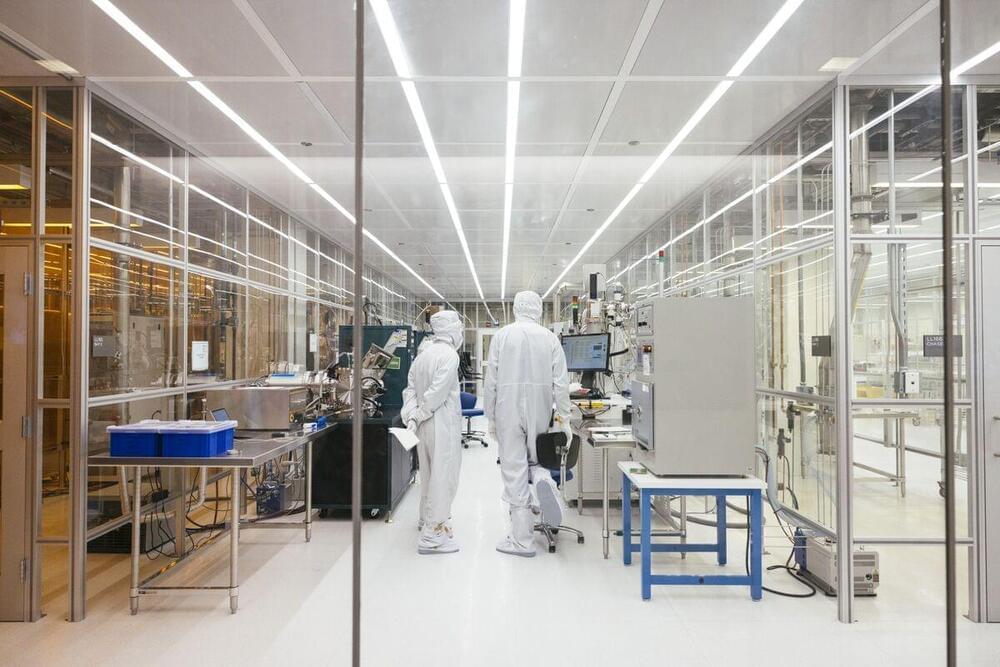‘I don’t see how this pricing is anything based in reality or remotely reasonable.’
Apollo, the popular Reddit app for iOS, could face millions of dollars in fees as a result of Reddit’s new paid API model. According to an update posted by developer.
Reddit announced changes to its API policy in April, which allows the platform to put limits on the number of API requests made by a third-party client like Apollo. But now, we have more details on what exactly this means: Selig says Reddit plans on charging about $12,000 per 50 million requests.
The future of Apollo on Reddit isn’t clear.








